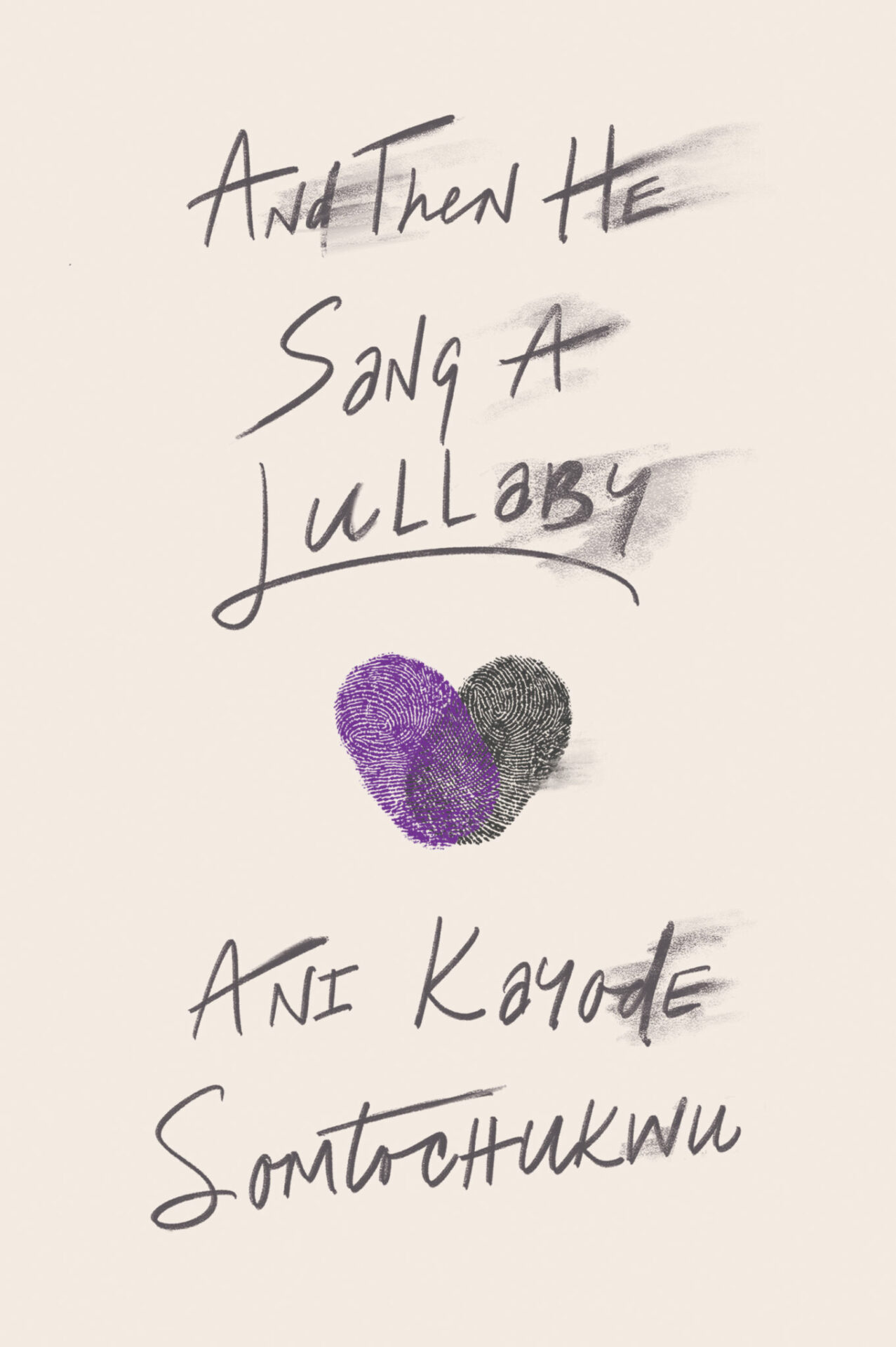
Top 30 Cartoon Characters That Were Villains
Our list rounds up the top 30 cartoon characters that were villains, each one more wonderfully wicked than the last.
africanliterature, queer
And Then He Sang a Lullaby raises vital questions about love’s authenticity and confronts hate, impunity, and violence against queer individuals.

And Then He Sang a Lullaby … The title sounds solemn; it reflects the mood of the book. When you sing a lullaby, you go to sleep.
This well-written book by Ani Kayode Somtochukwu highlights critical conversations we must have. It’s a must-read for everyone.
And Then He Sang a Lullaby focuses on the lives of two young boys, August and Segun, set in politically volatile Nigeria during the passing of the SSMPA bill. August, an only son, carries the weight of his mother’s choices.
It weighs so much on him; it’s constantly the voice in his head. His three elder sisters are the foundation on which he is built; they hold him closely in love and with love.
However, he is conflicted with himself, a man in denial, battling with who he is and what people want him to be. He wants to be accepted, his validity derived from those who like him, even if it means portraying someone he is not.
And then there is Segun, a confident boy, who carries his skin like he knows its name. An only child, his socialist principles underlie his politics. Segun doesn’t want someone unsure of himself, whose skin feels foreign, someone grappling with identity. He wants surety, certainty, wholesome love, acceptance, and being.
The paths of these two people cross most coincidentally, sparking a series of events.
This book highlights conversations about identity, sexuality, and homophobia. It talks about catfishing and why homophobia is injurious to society. It asks important questions like, do people really love you, or do they love the version of you they see and won’t love you as much if you were to peel off the mask and show who you are?
And Then He Sang a Lullaby reveals the hate, impunity, and violence against queer people for no reason. I particularly enjoyed this book because of how Ani Kayode expressed male vulnerability, pain, love, and emotions.
I could touch the characters’ emotions and feel what it means to be in a body that isn’t accepted and the weight of societal expectations versus yours. I
Homophobia doesn’t always end well, and it’s usually injurious and detrimental to queer people, and in this case, gays.
One scene that struck me was when August was just coming into himself and accepting who he was. He told his sisters he is gay, but to Dike, his homophobic friend, he said, “I’m bisexual, I like girls and boys,” because it was a less bitter pill to swallow. The idea that he still loves girls would cushion Dike’s disdain for gays, and it did. This reflects the disdain people feel when you mention gays, the impunity.
People hate that gays exist and are more amenable to bisexuals because they assume their love for the same sex is just for fun, for sexual gratification. The next question proves this point: Dike asks, “Who fucks who?” a question people automatically ask when they see gays; who penetrates who?
The answer to that question would either cushion the homophobia and make you more acceptable or heighten the homophobia. The answer will show whether you have been emasculated, stripped of your manliness, or not. And often, you are more acceptable if you did the penetration and not if you were penetrated.
Another scene worth mentioning is when Segun tells August that people he thinks are his friends aren’t his friends. They only love you because they do not know who you are, and when they do, you would see. That is to say, if you want to know how people are, look at how they treat people like you outside of you.
It’s like saying, “I don’t like gays, but you are my friend, and I like you.” Most people go through this, and I loved that it was highlighted in this book.
And Then He Sang a Lullaby raises vital questions about love’s authenticity and confronts hate, impunity, and violence against queer individuals.
If you are looking for a queer-themed book, this is for you. I highly recommend this.

hi i am nasiba .

Our list rounds up the top 30 cartoon characters that were villains, each one more wonderfully wicked than the last.

DC is great at making comics and animated movies, while the MCU has the upper hand in its cinematic aspects

Discover the best apps to read books for free in 2025. Access thousands of free e-books and audiobooks on your phone or tablet. ...

There are some outright funny cartoon characters who exist solely to crack you up, loud, hard, and with zero apology.

Things Fall Apart is for the colonizers as well as the colonized, helping to understand the role of colonialism in the realization...

While many of the Nollywood movies on our list are quite old, it’s a testament to the capabilities of the industry’s p...

While this isn’t an exhaustive list, it comprises some of the most popular mythical creatures from around the world.